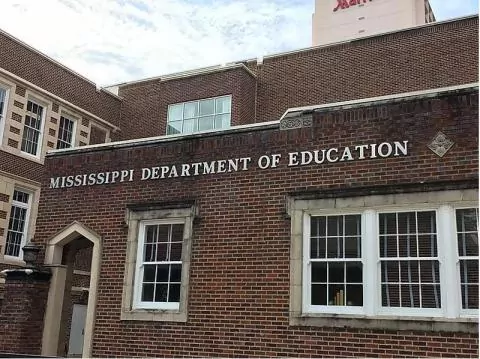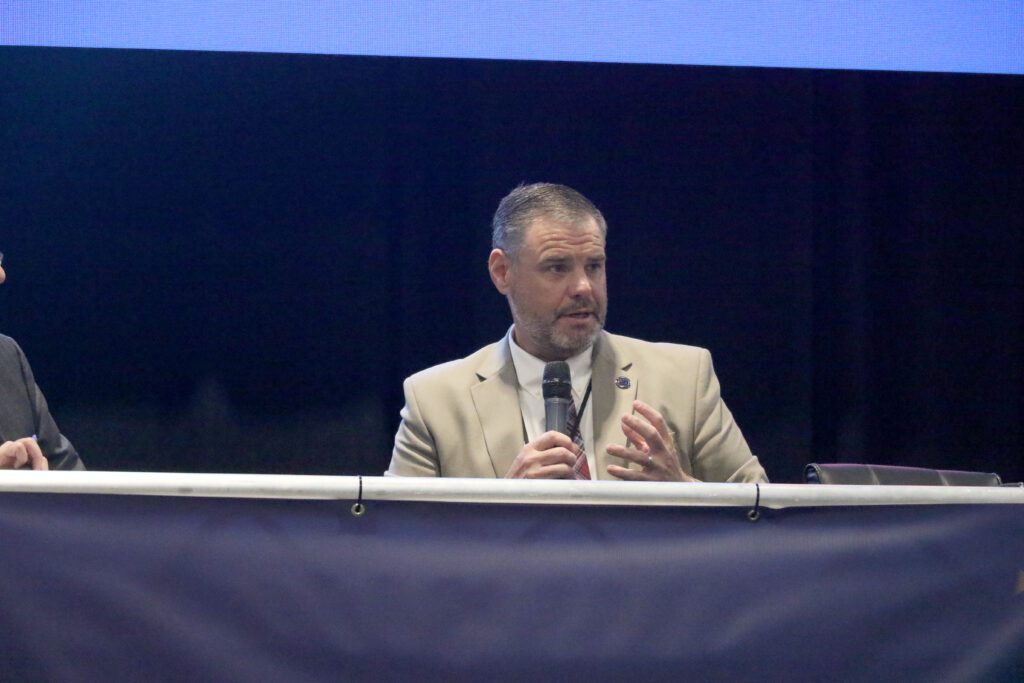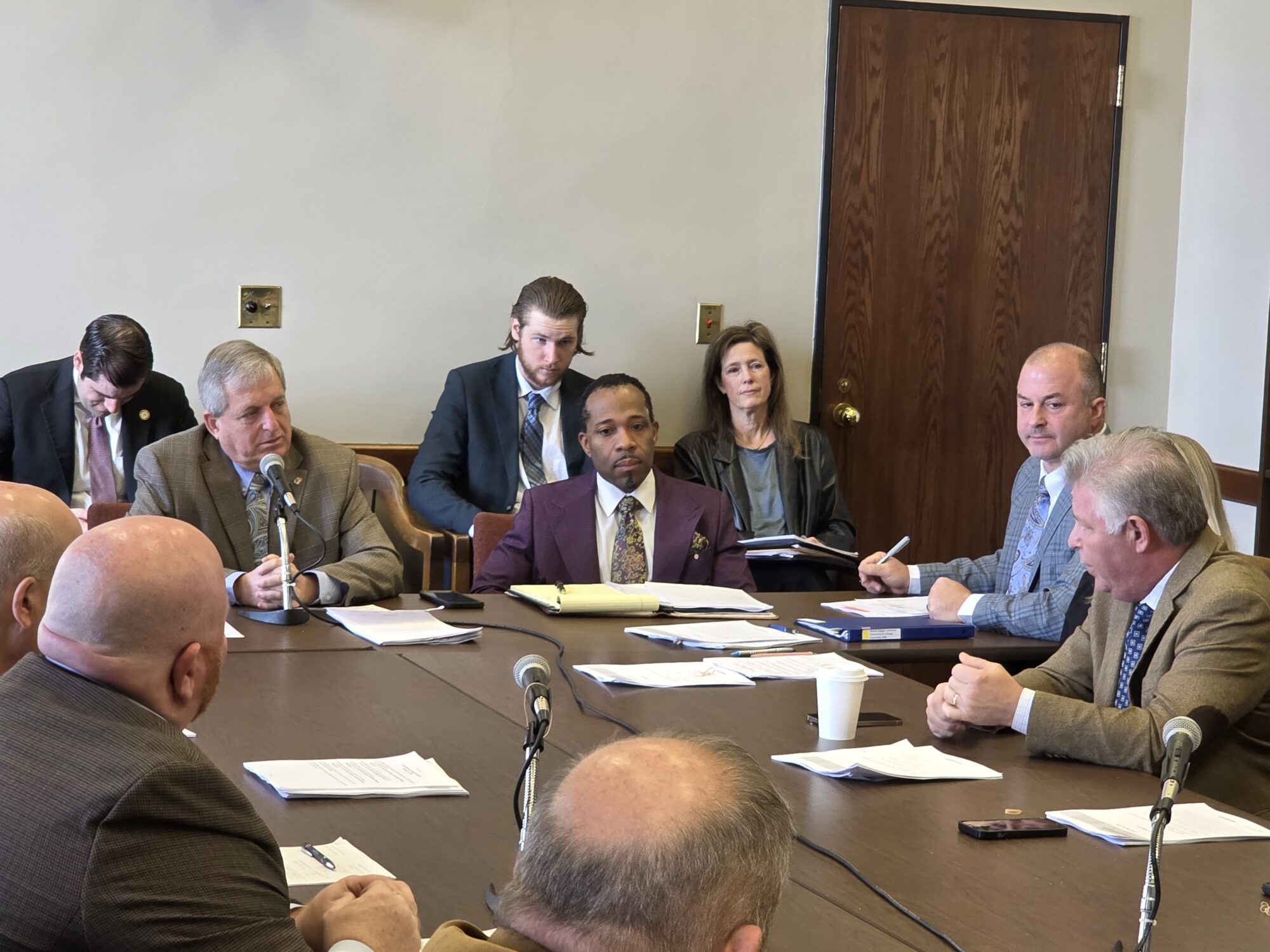
- The Mississippi Department of Education is monitoring changes in federal funding while looking ahead to next session with a $2.9 billion budget request for lawmakers.
Members of the State Board of Education received mixed news pertaining to ESSER funding during last week’s Mississippi Department of Education meeting.
In March, the U.S. Department of Education alerted state education departments across the nation that it would be pulling back late liquidation ESSER funding, which totaled about $137 million for Mississippi. On June 26, MDE and other state education departments received word that the late liquidation ESSER funding process has resumed, State Superintendent Dr. Lance Evans told the Board.
In some instances, local school districts were counting on the funds to help cover the costs of projects already underway. Evans said that districts were advised to not wait to request those funds.
“We have urged our districts to move very quickly in those requests,” Evans explained. “Because there is no guarantee that it will actually be there until March 2026.”
Four days later, the U.S. Department of Education then gave another update to states, this time advising that funding for some grant programs is being withheld due to an audit.
“I think the term they used was ‘impounding’ federal dollars under ESSER,” Evans added. “There was no clear timeline as to when where or how that would take place as far as their reviewing of those funds.”
Those federal funds now in question, which total about $68 million for Mississippi, mostly cover programs at the local level, including migrant education support for effective instruction, English Language programming, student support, and academic enrichment, as well as 21st Century Community Learning Centers. However, the day after the meeting on July 18, MDE states that it received notification from the U.S. Department of Education that funding for 21st Century Community Learning Centers would be awarded on Monday, July 21.
Evans noted a law that mandates federal dollars, once appropriated, must be distributed to the states in a “timely fashion.”
“But there is no definition of a timely fashion, so we’re trying to create a timely fashion if you will by our constant asking as to when we will get those funds,” Evans said.
MDE is working with the U.S. Department of Education to get a clear timeline on the audit while determining what can be done to expedite access to the funding.
“The thing is, when we get an email from USDE that says, ‘Hey we’re impounding these funds,’ it’s not like they send a backup sheet that says, ‘Hey these are ideas as to how you can…,’ so we have to navigate that and see exactly what it means,” Evans explained.
Twenty-four states have already filed suit against the federal department for the latest action. Evans informed the Board that MDE is monitoring the situation closely.

District funding under new formula
In other matters, Superintendent Evans updated the Board on the confusion some districts experienced after discovering their state funding had decreased despite the Legislature approving a hold harmless provision under the new funding formula.
The hold harmless provision allows districts that might be affected by funding changes through the passage of the Mississippi Student Funding Formula in 2024 to continue to receive level funding for three years.
“There was some confusion there, because some districts received less funding than they thought they were going to receive,” Evans said.
Some of the changes in the amount of funding were due to shifts in local contributions, increases to insurance premiums and the state retirement system, and head count fluctuations, Evans described.
“Some of it is a decrease in enrollment, which they obviously aren’t going to fund students that aren’t there. That wouldn’t be appropriate. As well as the increase in the employer’s portion of PERS and state health insurance,” Evans said.
When a student leaves a school, it not only means the loss of that base student cost for the district, but the now applicable weight categories as well.
Looking ahead to FY 2027
The Board also approved a motion to finalize its Fiscal Year 2027 legislative budget request, which will be $2.9 billion. MDE Chief of Operations Kym Wiggins said that amount makes up about 89 percent of the department’s overall budget, which totals $3.4 billion.
The request is an increase of about $24.5 million from this fiscal year.
“This $2.9 billion is based on a base student cost of $6,919.89,” Wiggins explained.
After holding an executive session, the members returned to open session to approve the nominations of Matt Miller to serve as chair and Matt Mayo to serve as vice chair of the Board.
Editor’s Note: This story has been updated to reflect that funds for the 21st Century Community Learning Centers has been awarded and correct Kym Wiggins’ title with MDE.











